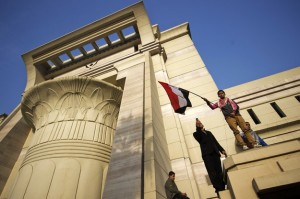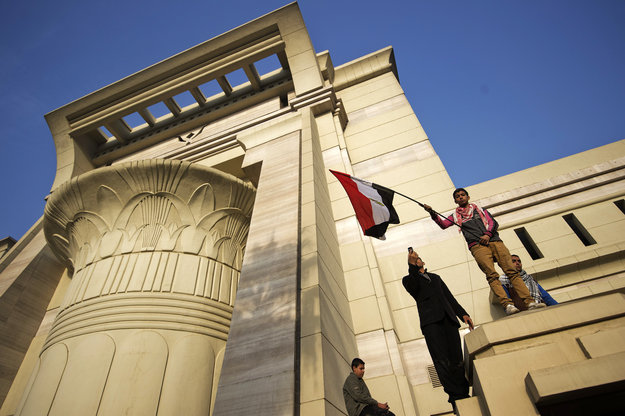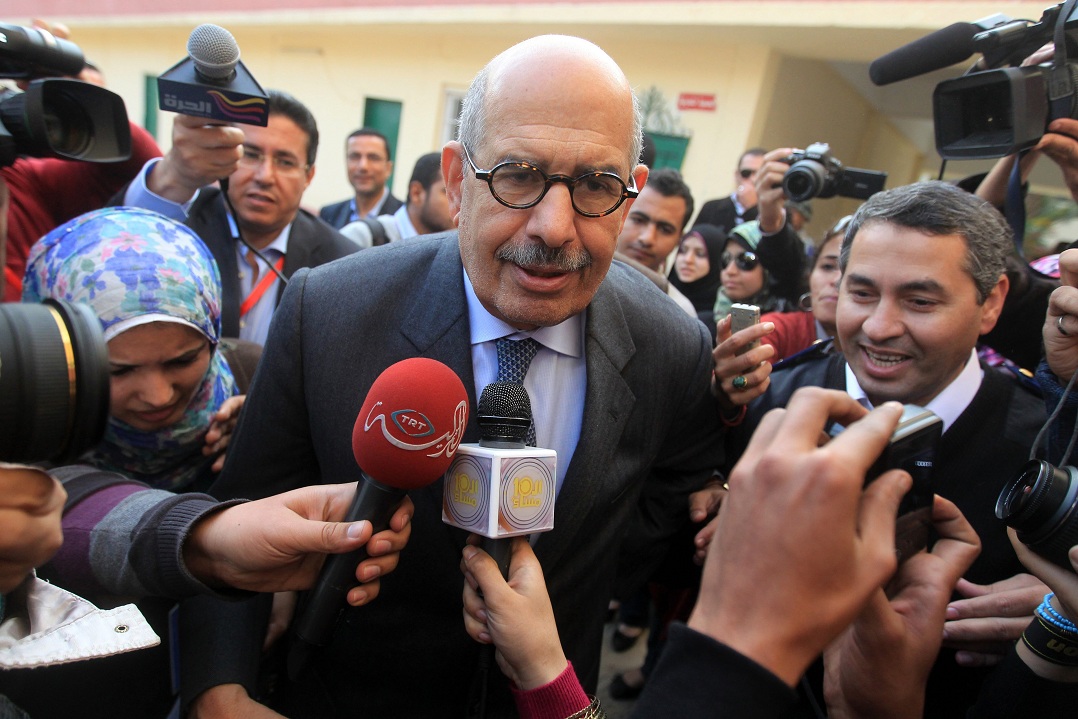
(AFP Photo)
The Administrative Judiciary Court decided on Tuesday to hold rehearing sessions on the case calling for dissolving the Muslim Brotherhood on 23 April.
The court’s decision comes after the State Litigation Authority (SLA) submitted a proposal on Thursday, calling for holding rehearing sessions regarding the Musim Brotherhood’s legal status, since the Islamist group was officially declared as a civil society organisation last week.
The SLA is the official judicial representative of the presidential and executive branch, which is responsible for filing complaints and lawsuits on their behalf.
The Administrative Court also announced the appeals calling for cancelling President Mohamed Morsi‘s decision to dismiss the former prosecutor general and the Shura Council’s decision to approve the electoral law were outside of the court’s jurisdiction, and would be referred to another court.
The first appeal called for cancelling Morsi’s decision to dismiss former prosecutor general Abdel Meguid Mahmoud and replace him with Tala’at Abdallah, which was one change that resulted from Morsi’s constitutional declaration of 22 November 2012. However, the court decided not to look into the case, saying the appeal was outside its jurisdiction.
Malek Adly, human rights’ lawyer, said the court’s decision is debatable. He explained that some legal experts could treat Morsi’s decision to sack the former prosecutor general as an administrative one, and accordingly the court can rule on it. However, Morsi’s declaration can also be treated as a sovereign decision issued by the president, and in this case the court can not consider the case. “It is up to the court and how they interpret the case.”
The appeal against the Shura Council’s approval of the electoral law was also ruled out for the same reason.
Adly explained that the Shura Council’s approval is a legislative decision rather than an administrative one. “Accordingly, the court has no power to rule on the decision.”




